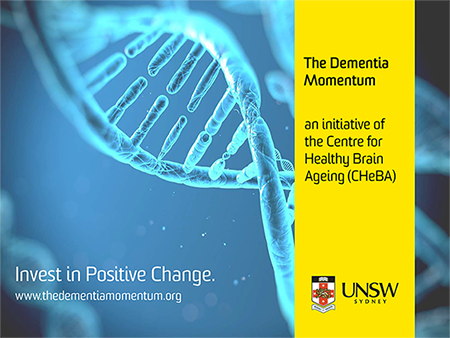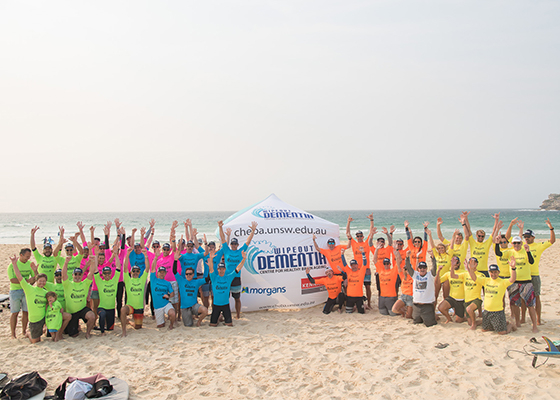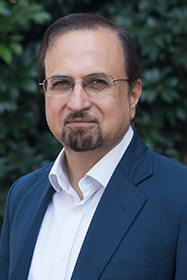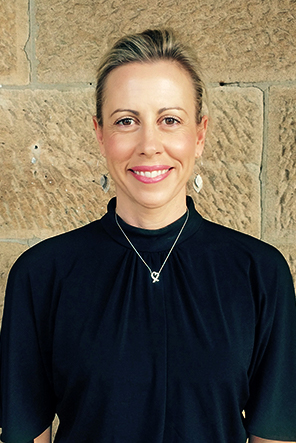The challenges of dementia are enormous and confronting. Fresh (epidemiological and clinical trial) findings provide more evidence that it is possible to delay the onset of dementia and provide a strong argument for large scale investment to prevent dementia. CHeBA's research aims to determine which risk and protective factors for Alzheimer's disease and other dementias are universal. The Dementia Momentum seeks to increase the dialogue with the community about this disease and give an opportunity for philanthropists and corporates to invest firmly in social change by advancing the large-scale, "big data" research being conducted at CHeBA.
Our goal is to drive momentum in awareness, research and societal change for a brighter future.
Richard Grellman AM, Spokesman for The Dementia Momentum®
Download The Dementia Momentum® booklet for all the background to this initiative, areas of research it supports and how to get involved.
Why Big Data Research?
The best method to investigate the determinants of healthy ageing is to examine cohorts of individuals as they grow old. At CHeBA, this has been done by establishing four ageing cohorts: the Sydney Memory and Ageing Study (MAS), the Sydney Stroke Study (SSS), the Older Australian Twins Study (OATS) and the Sydney Centenarian Study (SCS). These studies have provided many insights into ageing and dementia.
CHeBA researchers wish to take this line of investigation to the next level by making it international. Many research groups from around the world conduct cohort studies, but often in isolation. Whilst many hypotheses can be explored in individual cohorts, the statistical power of the consortia led by CHeBA (which all have very large sample sizes: n>50,000 for COSMIC, n>7000 for STROKOG and n>5000 for ICC-Dementia) will produce more robust statistical models involving multiple risk factors, and more precise estimates for potential factors with small effect size (e.g. olfactory acuity, grip strength, FEV1, motor speed, nutritional factors) than can be reliably obtained in individual cohort studies. The pooling of data will also allow the statistical testing of observed differences between studies or groups of studies. In particular, relationships between variables (which often interact with each other, producing complex relationships) can be further analysed. Additionally, we have the unique capability to establish whether risk factors identified in one cohort are replicated in cohorts from different ethnic-cultural groups in diverse geographical locations. This is generally the basis for the acceptance of a finding in the scientific literature, i.e. the same result is seen in a different sample using the same methodology.
Running large-scale statistical analyses means we are better able to identify groups at risk and implement early intervention strategies to delay, ameliorate or stop the progression of dementia.
Professor Perminder Sachdev, CHeBA Co-Director
There is emerging evidence from our work that risk factors may differ according to age, sex, ethnic group and profile of cognitive impairment; the large numbers in the cohorts will help us look at these factors individually. This may provide novel insights into disease mechanisms and will also inform us what factors should be targeted in prevention programs for particular population groups. Moreover, if a finding in one study is not replicated in another study in a different setting, the reasons for non-replication can be explored by the consortia, a powerful strategy for new discovery.
In general, individual studies limit the outcome measures of Alzheimer’s Disease (AD) pathology (amyloid imaging and neuropathology) to smaller subgroups; again, this justifies the need for pooling data to increase statistical power so that the consistency (or heterogeneity) of results can be adequately examined.
Taking this approach in research is expensive. As such, donations are crucial for increasing research output and developing sustained, long-term impact that helps to prevent dementia and its causes.
The consortia need infrastructural support and a number of junior researchers to coordinate the data gathering, harmonisation and analyses. CHeBA is seeking philanthropic members of the community who wish to be a part of this Momentum.
To change the future of dementia, our goal is to raise $10 million over 5 years to drastically advance our world-leading cognitive ageing research.
CHeBA Co-Directors Professor Henry Brodaty and Professor Perminder Sachdev
Contact
For more information, please contact:
Heidi Douglass
Communications & Projects Officer
T 0435 579 202
E h.douglass@unsw.edu.au










